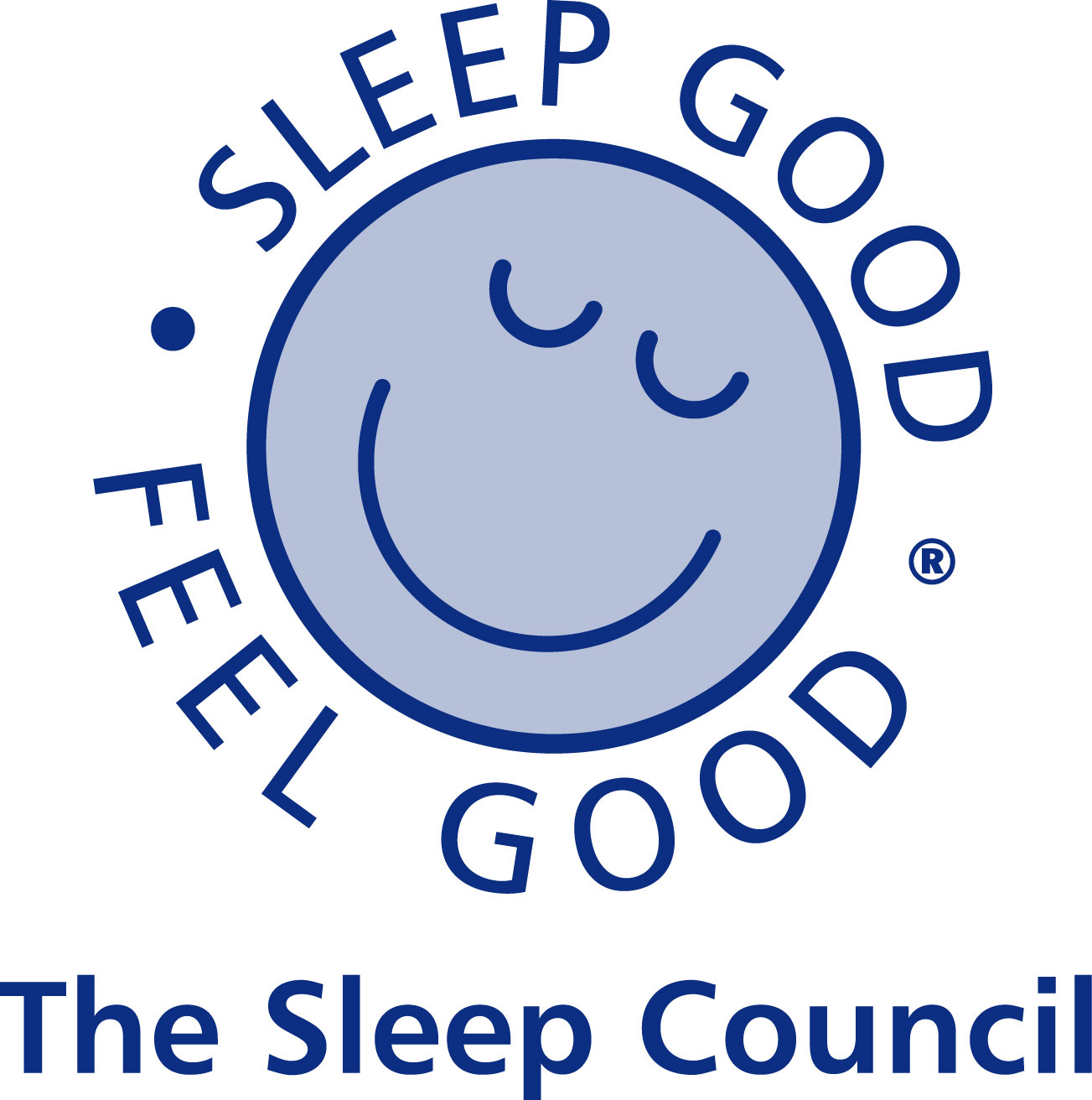National Bed Month
08th, Sep 2022

It is National Bed Month! Meaning, the press and TV will be full of advertisements telling you to think about when you last replaced your mattress to help you get a great night’s sleep.
It might not just be that saggy mattress keeping you awake at night
It is National Bed Month! Meaning, the press and TV will be full of advertisements telling you to think about when you last replaced your mattress to help you get a great night’s sleep.
However, what if it isn’t your mattress sagging in the middle that’s keeping you awake at night or making you feel tired and grumpy the next day?
There are lots of reasons people find it difficult to get a good night’s sleep and loads of advice out there on the web to try. One thing though most people will never have heard of is a treatable medical condition called Sleep Apnoea.
Sleep apnoea is characterised by loud, consistent snoring and restless activity during the night sometimes your partner might notice that you “stop breathing” for a few moments. The most common type of sleep apnoea is obstructive sleep apnoea.
This occurs when the muscles in your throat relax while you sleep. Your throat closes completely, and you temporarily stop breathing. Other reasons that cause an obstruction in your throat can be a large tongue, obesity or weak muscles in your airway.
When you stop breathing, there is not enough oxygen in your blood, so your brain briefly wakes you up, so you can breathe again. This means that throughout the night you keep waking up, possibly hundreds of times, causing you to be extremely sleepy the following day.
About 10% of the population suffer from sleep apnoea but about 90% of them are undiagnosed.
Why does it matter if I snore?
Well besides your partner getting upset and annoyed with you when they are having disturbed sleep night after night and threatening to make you sleep on the sofa, there is a serious side to it.
Left untreated Sleep apnoea can lead to both short and long-term health issues such as:
- High blood pressure
- Irregular heartbeat
- Heart disease/heart attack
- Stroke – the risk of this is 3times greater if you suffer from untreated sleep apnoea
- Type 2 diabetes
However, one of the most frequent things is driving and work-related accidents. It is estimated that 20 – 25% of accidents on European roads are due to sleepiness at the wheel.
Who might be at risk of Sleep Apnoea?
Either men or women but for some reason men are more so are prone to it. This may be to do with body fat distribution. Suffers tend to be over 40 but that doesn’t mean you cannot get it at any age, with a large neck circumference (16 inches in women and 17 inches in men). People who smoke and/or drink alcohol especially before bed are more likely to suffer. For women who have gone through the menopause its more common and thought to be due to hormone levels.
What should I look out for?
Night time symptoms include;
- Loud snoring and snorting
- Witness pauses in breathing
- Waking up feeling you are choking or gasping for air
- Restless sleep
- Frequent visits to the bathroom
Daytime symptoms include;
- Still feeling sleepy when waking up
- Excessive daytime fatigue
- Poor concentration and memory impairment
- Sleepiness during routine activities
What can I do about it?
At the Sleep Clinic at Kingsbridge Private Hospital, our nurses carry out a full investigation into your sleep pattern. We can not only provide a diagnosis of Sleep Apnoea but we can also offer a range of treatments to give you and your family peace of mind and a real night’s sleep.
For more information on our Sleep Clinic click here. Alternatively contact us using the links above.
Recent Articles

